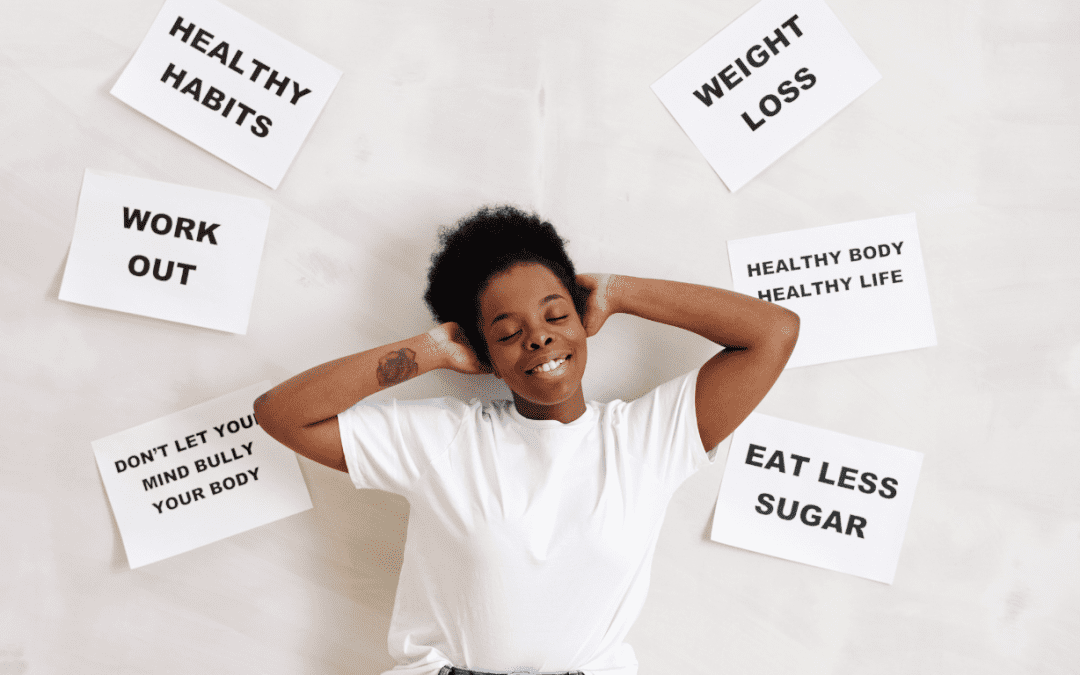Breaking Bad Habits: How Clinical Counselling Can Help You Keep Your New Year’s Resolutions
The start of a new year often brings a wave of optimism and determination. Many of us set ambitious resolutions to improve our lives, whether by exercising more, quitting smoking, eating healthier, or reducing stress. However, by February, it’s common to see these resolutions fade away, often due to the persistence of old habits. Breaking these ingrained patterns is not easy—but clinical counselling can offer a powerful way to create lasting change.
Why Bad Habits Are Hard to Break
Habits are deeply rooted in our brain’s neural pathways. When you perform a habit repeatedly, the brain reinforces the connection, making it easier to repeat the action. While this process helps automate useful behaviors, it also makes harmful habits difficult to overcome. Emotional triggers, stress, or even environmental cues can reignite the habit, even when you’re determined to stop.
How Clinical Counselling Helps Break the Cycle
Clinical counselling provides a supportive, structured environment to explore and address the root causes of bad habits. Here’s how it can help:
- Understanding the Triggers
Through counselling, you can identify the emotional, psychological, or situational triggers behind your bad habits. For example, stress might drive emotional eating, or boredom may lead to excessive screen time. Understanding these triggers is the first step toward overcoming them. - Developing Coping Mechanisms
Once you’ve identified the triggers, a counselor can help you develop healthier coping strategies. Techniques like mindfulness, grounding exercises, or cognitive reframing can help you respond to triggers without falling back into old habits. - Setting Realistic Goals
Many New Year’s resolutions fail because they are overly ambitious or vague. A counselor can help you set achievable, specific goals and create a realistic plan for success. Breaking a resolution into smaller, manageable steps makes it more likely that you’ll stick with it. - Building Accountability
Regular sessions with a counselor provide built-in accountability. Knowing you’ll discuss your progress can motivate you to stay on track. Additionally, a counselor can help you navigate setbacks without losing momentum. - Addressing Underlying Issues
Some bad habits are symptoms of deeper issues, such as anxiety, depression, or trauma. Clinical counselling allows you to address these root causes, making it easier to let go of the behaviors that stem from them.
The Role of Evidence-Based Techniques
Counsellors often use evidence-based approaches tailored to your needs. These may include:
- Cognitive Behavioral Therapy (CBT): Helps you identify and change thought patterns that contribute to unhealthy habits.
- Motivational Interviewing (MI): Strengthens your intrinsic motivation to make positive changes.
- Mindfulness-Based Stress Reduction (MBSR): Teaches you to stay present and manage stress without relying on old habits.
Real-Life Success Stories
Consider Lisa, who struggled with procrastination and over-commitment, making her resolution to “get organized” a challenge. Through counselling, Lisa uncovered her fear of failure as a key trigger. Her counselor helped her implement practical time-management strategies and build confidence in saying no, transforming her approach to daily tasks.
Or take John, who wanted to quit smoking. Counselling helped him uncover the emotional stressors driving his habit, and with personalized strategies and accountability, he successfully achieved his goal.
Make 2025 Your Year of Success
Breaking bad habits is about more than willpower; it’s about understanding, strategy, and support. Clinical counselling can equip you with the tools and mindset to make real, lasting changes that go beyond New Year’s resolutions.
If you’re ready to take control and make your resolutions stick, reach out to a qualified counselor today. With professional guidance, you can overcome obstacles, build healthier habits, and create a brighter future for yourself.
Start your journey now—your future self will thank you.

